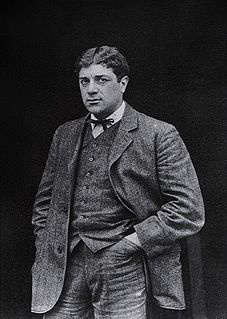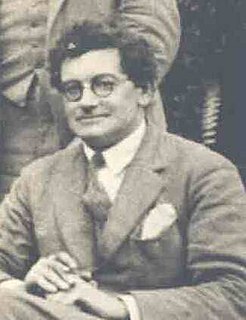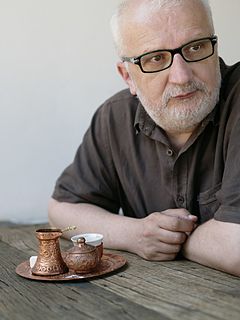A Quote by Georges Braque
The function of Art is to disturb. Science reassures.
Related Quotes
It is certain that the real function of art is to increase our self-consciousness; to make us more aware of what we are, and therefore of what the universe in which we live really is. And since mathematics, in its own way, also performs this function, it is not only aesthetically charming but profoundly significant. It is an art, and a great art.
Gradually, ... the aspect of science as knowledge is being thrust into the background by the aspect of science as the power of manipulating nature. It is because science gives us the power of manipulating nature that it has more social importance than art. Science as the pursuit of truth is the equal, but not the superior, of art. Science as a technique, though it may have little intrinsic value, has a practical importance to which art cannot aspire.
The essence of religion is inertia; the essence of science is change. It is the function of the one to preserve, it is the function of the other to improve. If, as in Egypt, they are firmly chained together, either science will advance, in which case the religion will be altered, or the religion will preserve its purity, and science will congeal.
Whenever you take a step forward, you are bound to disturb something. You disturb the air as you go forward, you disturb the dust, the ground. You trample upon things. When a whole society moves forward, this trampling is on a much bigger scale; and each thing that you disturb, each vested interest which you want to remove, stands as an obstacle.




































